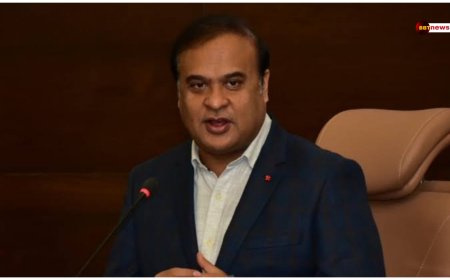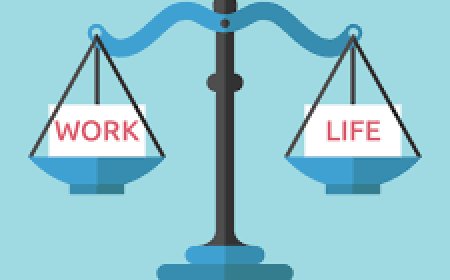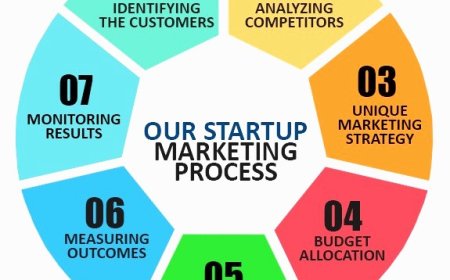Effective Time Management Strategies for Busy Professionals
Time management is crucial for busy professionals to maximize productivity, reduce stress, and achieve a healthy work-life balance. Here are some effective strategies to help you manage your time more efficiently:

Time management is crucial for busy professionals to maximize productivity, reduce stress, and achieve a healthy work-life balance. Here are some effective strategies to help you manage your time more efficiently:
-
Prioritize and Set Goals: Identify your most important tasks and goals. Prioritize them based on urgency and importance. Focus your energy on high-priority items and allocate time accordingly.
-
Create a Schedule: Use a planner, digital calendar, or task management tool to create a schedule that outlines your daily, weekly, and monthly activities. Set aside specific time blocks for different tasks and commitments, including work projects, meetings, personal activities, and breaks.
-
Break Tasks into Manageable Chunks: Large projects can be overwhelming. Break them down into smaller, more manageable tasks. This approach helps you focus on one step at a time, making progress and preventing procrastination.
-
Avoid Multitasking: Instead of juggling multiple tasks simultaneously, concentrate on one task at a time. Multitasking can lead to reduced productivity and errors. Complete one task before moving on to the next to maintain focus and efficiency.
-
Set Realistic Deadlines: Be mindful of your capabilities and set realistic deadlines for tasks and projects. Consider the time required for research, planning, and unforeseen challenges. Padding your schedule with extra time buffers can help you stay on track even if unexpected delays occur.
-
Learn to Delegate: Recognize tasks that can be delegated to others. Trust your team or colleagues with responsibilities and distribute the workload. Delegating tasks frees up your time to focus on higher-value activities and prevents burnout.
-
Minimize Distractions: Identify and minimize distractions that hinder your productivity. Turn off unnecessary notifications on your devices, close irrelevant browser tabs, and create a quiet and organized work environment. Consider using productivity apps or website blockers to limit access to time-wasting sites or apps.
-
Practice Time Blocking: Allocate specific blocks of time for different types of activities. For example, designate certain hours for focused work, others for meetings, and some for breaks or personal tasks. Time blocking helps structure your day and ensures you allocate sufficient time for different activities.
-
Take Regular Breaks: Breaks are essential for maintaining productivity and preventing burnout. Incorporate short breaks into your schedule to rest, recharge, and regain focus. Consider the Pomodoro Technique, which involves working for focused bursts of time followed by short breaks.
-
Regularly Evaluate and Adjust: Periodically review your time management strategies to identify areas for improvement. Assess what is working well and what needs adjustment. Be flexible and adapt your approach as necessary to optimize your productivity and well-being.
Implementing these time management strategies requires discipline and consistency. Experiment with different techniques to find what works best for you. Remember, effective time management is not just about doing more; it's about focusing on what truly matters and using your time wisely to achieve your goals and maintain a healthy work-life balance.
What's Your Reaction?











































